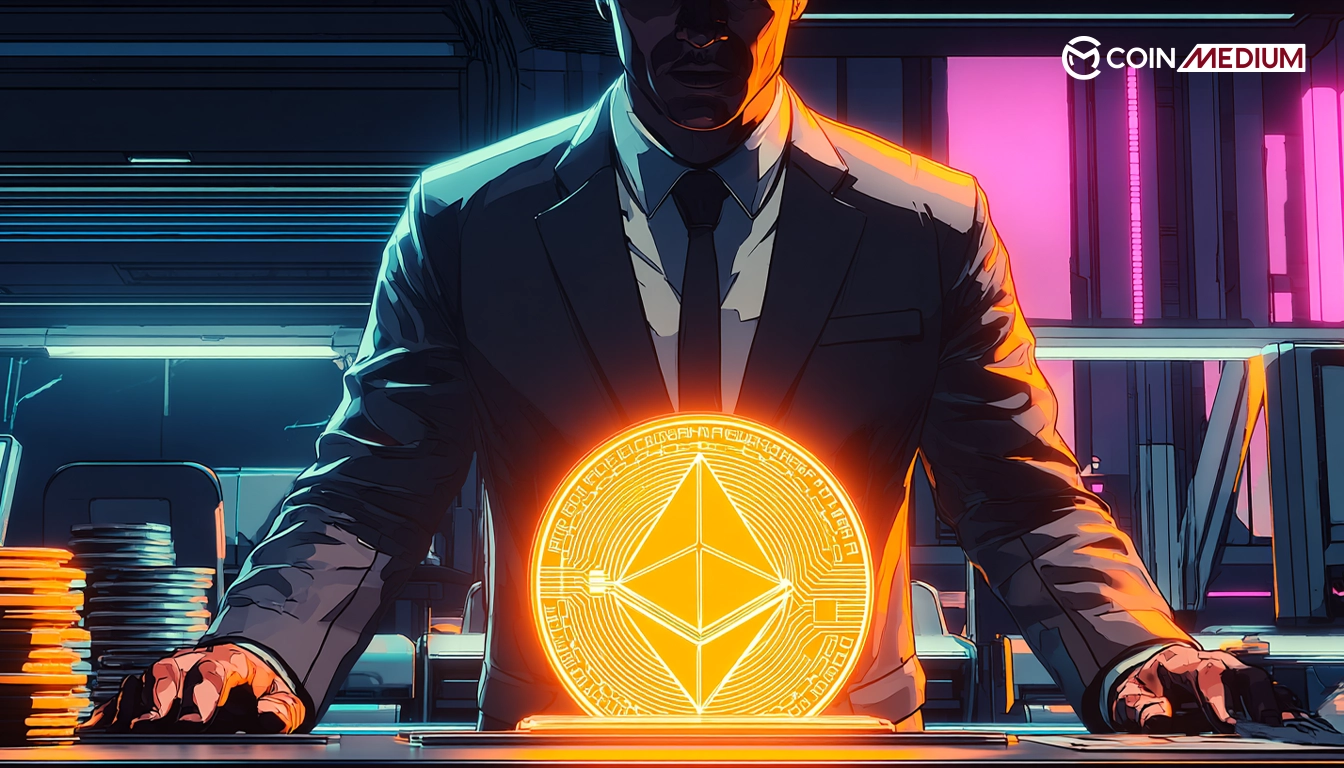An unidentified entity has bought nearly $1 billion worth of ethereum over the past week as the cryptocurrency surged by 21% to cross the $4,000 milestone.
The unidentified entity purchased 221,166 ETH tokens, with data analytics platform Lookonchain tracking $212 million in purchases in just 24 hours. The buyer spread their holdings across six different wallets, acquiring tokens from three major cryptocurrency firms – Galaxy Digital, FalconX and BitGo. Out of the six, the wallet with the most Ether has $181 million worth, while the wallet with the least Ether has $ 128 million worth.
This buying spree comes with Ethereum’s rally pushed its market cap to $523 billion on Monday, as the cryptocurrency traded at $4,183 at the time of publication.
Corporate Buyers Also Join the Bandwagon
Public companies also joined the buying spree, adding more than 304,000 ETH worth over $1.3 billion to their treasuries last week, according to CoinGecko.
BitMine Immersion Technologies led corporate purchases with more than 208,000 ETH valued at over $900 million, while SharpLink Gaming bought $303 million worth of tokens.
The institutional interest comes as large ethereum holders continue to accumulate. Addresses holding more than 10,000 ETH reached 868,886 on Saturday — the highest level in a year, according to blockchain analytics firm Glassnode.
Market Analysts Set Their Sights on Ambitious $20,000 Price Target
Technical analysts have turned bullish on Ethereum’s prospects. Prominent technical analyst Merlijn The Trader expects the cryptocurrency to surpass $20,000 and potentially climb even higher. In January, he had said that underestimating Ethereum could be a big mistake. “Being bearish on Ethereum right now is a mistake. The momentum is undeniable, and the next big move is coming,” he had predicted.
However, Ethereum co-founder Vitalik Buterin has offered a note of caution amid the bullish market sentiment. While he backs the idea of companies adding Ether to their treasuries, he warns against turning it into an “overleveraged game” that could ultimately lead to the asset’s collapse.



